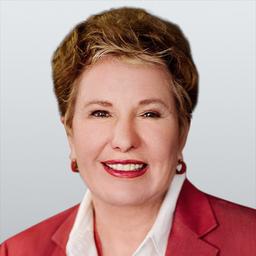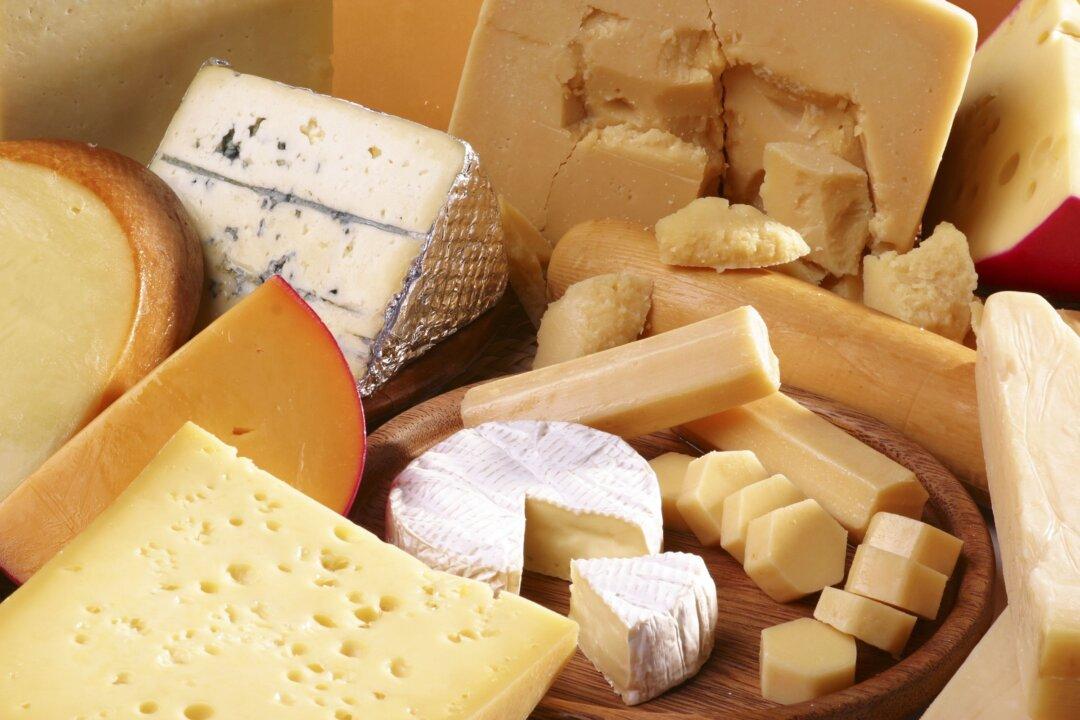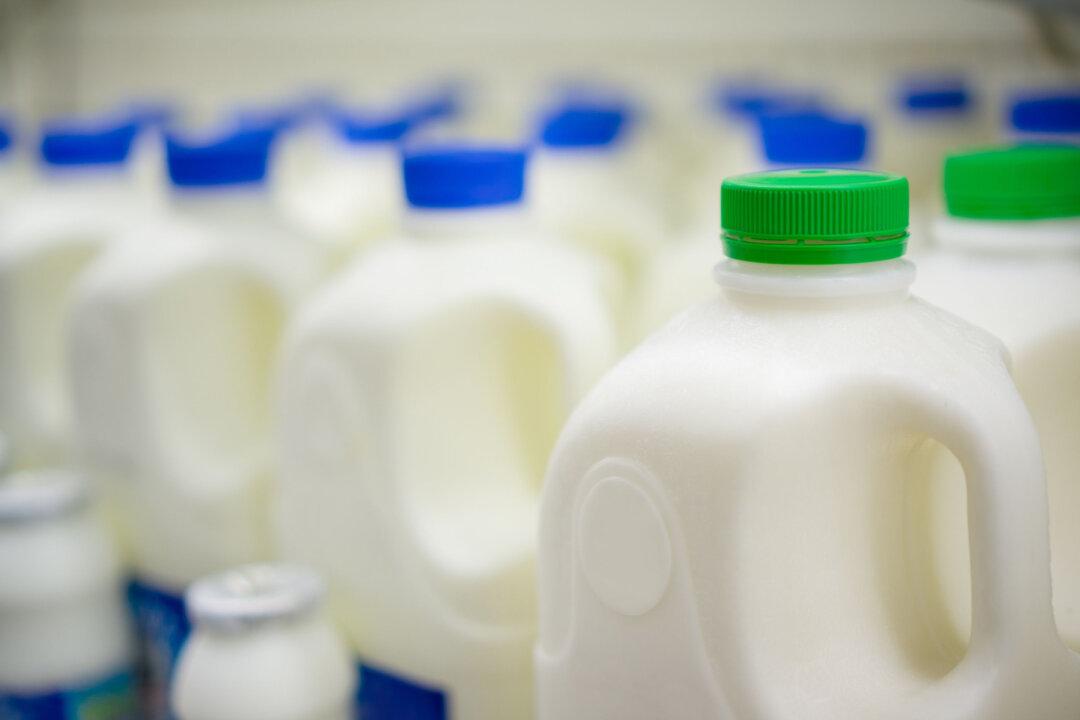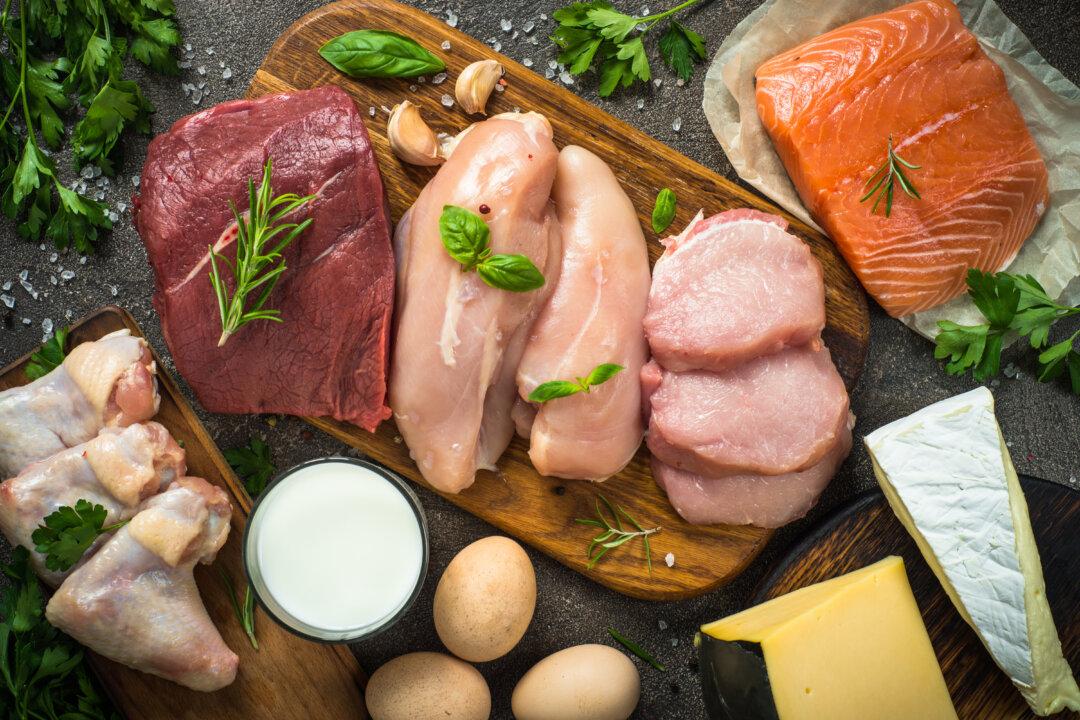Superfoods—as opposed to vitamins or supplements—are foods that naturally concentrate important nutrients. Unlike dietary supplements, or vitamins taken in isolation, superfoods provide many nutrients that support each other and prevent the kind of imbalances that often occur when vitamins are taken singly.
Do we need superfoods? In theory, if the diet is good, we should need nothing more to supplement our daily fare; but can even the most conscientious among us say that our diet is or has been perfect? With the depletion of our soils, the widespread use of additives and the prevalence of sugar, refined carbohydrates and rancid vegetable oils, which all of us have invariably ingested—if not in adulthood, at least in our youth—no one living in an industrial society today can say that his diet has been perfect. For those unwilling or unable to give up bad habits like caffeine, alcohol, or smoking, a daily supply of superfoods is essential.
Even those who live in isolated primitive societies seek out special foods for optimum health—foods high in fat-soluble vitamins, such as fish eggs and organ meats, to ensure reproduction and strong healthy children; soaked grains for strength and stamina; and herbs to prevent certain diseases.
The following short list is not meant to be exhaustive but only to provide a few examples of superfoods that can, in general, be taken by everyone. Herbal products for specific ailments are best taken with the advice of a holistic health practitioner.
Azomite Mineral Powder
This powdery mineral supplement, containing montmorillonite clay and many other compounds, comes from an ancient seabed. It is an excellent source of silica, calcium, magnesium and the gamut of trace minerals. Clay also has detoxifying effects as the negatively charged clay particles attract positively charged pathogens and take them out of the body. Technically sold as an anticaking compound and available only in 40-pound bags, Azomite is incredibly cheap when used as a mineral supplement, costing less than one dollar per pound delivered.
Take a heaping teaspoon mixed with water daily as an insurance of adequate macro- and trace mineral ingestion in these days of soil depletion through intensive farming.
Acerola Tablets
A berry rich in ascorbic acid, acerola provides vitamin C with numerous cofactors, including bioflavonoids and rutin, to optimize the body’s uptake and use of ascorbic acid. Vitamin C, the most important dietary antioxidant, was popularized by Nobel Peace Prize winning chemist, Linus Pauling (1901-1994), who recommended taking pure ascorbic acid in amounts up to 15 grams a day for a variety of ailments.
But large quantities of vitamin C may be harmful to the kidneys and can lead to deficiencies in bioflavonoids. Only small quantities of natural vitamin C in the form of acerola tablets can provide the same protection as large amounts of pure ascorbic acid, without the side effects.
Bee Pollen
Bee pollen has been popularized by famous athletes who take it regularly for strength and endurance. It has been used successfully to treat a variety of ailments including allergies, asthma, menstrual irregularities, constipation, diarrhea, anemia, low energy, cancer, rheumatism, arthritis, and toxic conditions.
A Russian study of the inhabitants of the province of Georgia, where many live to 100 years and a few to age 150, revealed that many of these centenarians were beekeepers who often ate raw, unprocessed honey with all its “impurities,” that is, with the pollen. Bee pollen contains 22 amino acids including the eight essential ones, 27 minerals and the full gamut of vitamins, hormones and fatty acids.
Most importantly, bee pollen contains more than 5,000 enzymes and coenzymes. It is the presence of enzymes, many of which have immediate detoxifying effects, that sometimes provokes allergic reactions in those taking bee pollen for the first time. If this happens, start with very small amounts and slowly build up to a tablespoon or so per day. Some brands are more easily tolerated than others.
Avoid pollen that has been dried at temperatures higher than 130 degrees. Bee pollen can be taken in powder, capsule or tablet form—or in raw unprocessed honey mixed with cereal or spread on toast.
Bitters
Herbal extracts of bitter, mineral-rich herbs are a traditional tonic for stimulating the bile and increasing digestion and assimilation of fats. They often are the best remedy for calming a queasy stomach. One such product is made by Floradix. Another is Swedish Bitters originally formulated by Paracelsus and later “rediscovered” by a Swedish scientist. Bitters supply nutrients from bitter leaves that are often lacking in the Western diet. Many cultures, including the Chinese and Hindu, value bitter herbs for their cleansing, strengthening and healing properties.
High Vitamin Butter
Deep yellow butter oil from cows eating rapidly growing green grass supplies not only vitamins A and D but also the X Factor, discovered by Weston Price (now believed to be vitamin K2). It can be used as a supplement to regular dietary butter, particularly during winter and early spring.
This is Part 1 of a two-part series.
Sally Fallon Morell, M.A., is the founding president of the Weston A. Price Foundation www.westonaprice.org. She is the author of “Nourishing Traditions: The Cookbook that Challenges Politically Correct Nutrition and the Diet Dictocrats” and “The Nourishing Traditions Book of Baby & Child Care.” To learn more about her work, visit www.newtrendspublishing.com
Mary G. Enig, PhD is a nutritionist, researcher, and author of several books including Know Your Fats and: Eat Fat, Lose Fat: The Healthy Alternative to Trans Fats.






